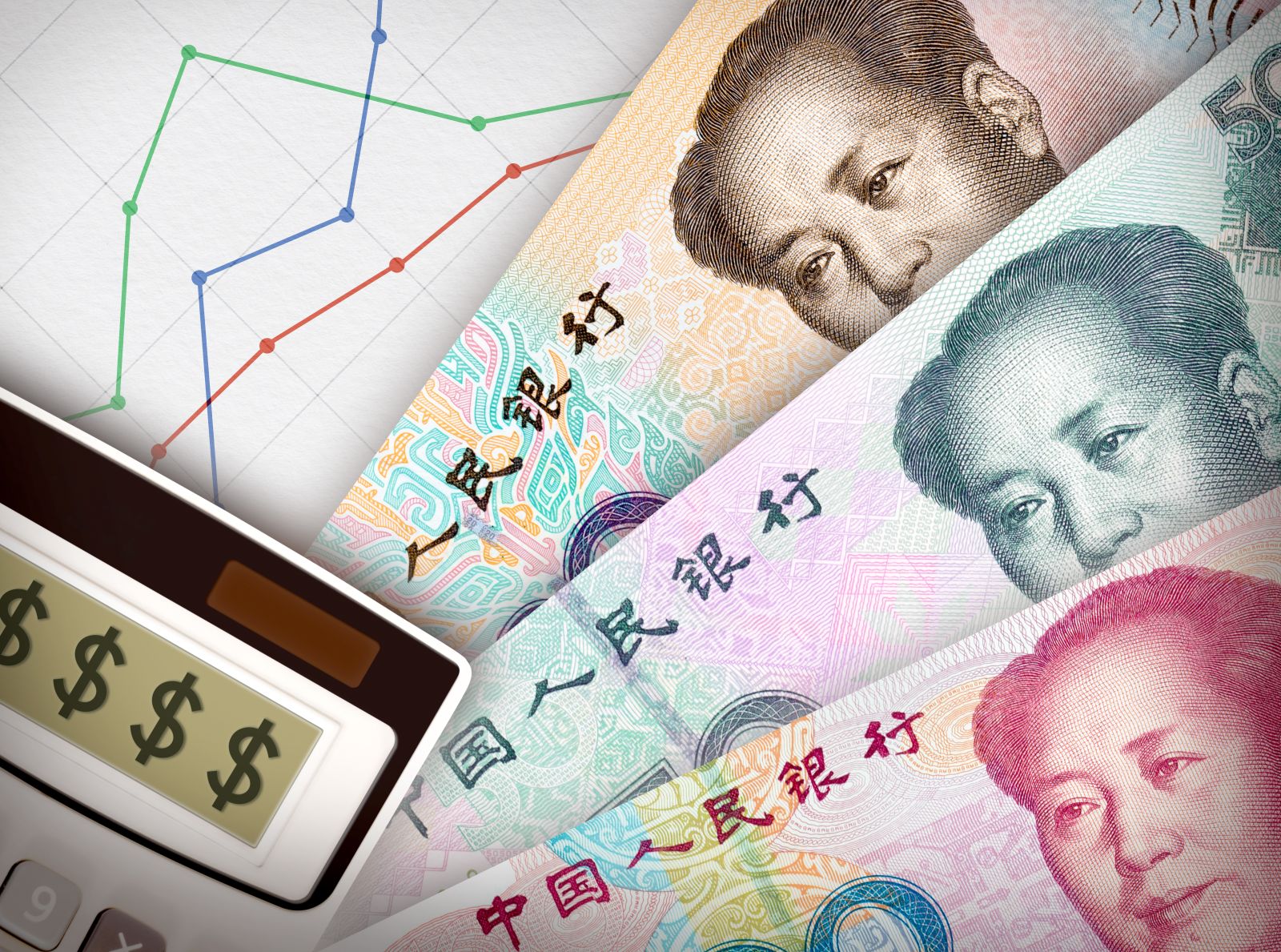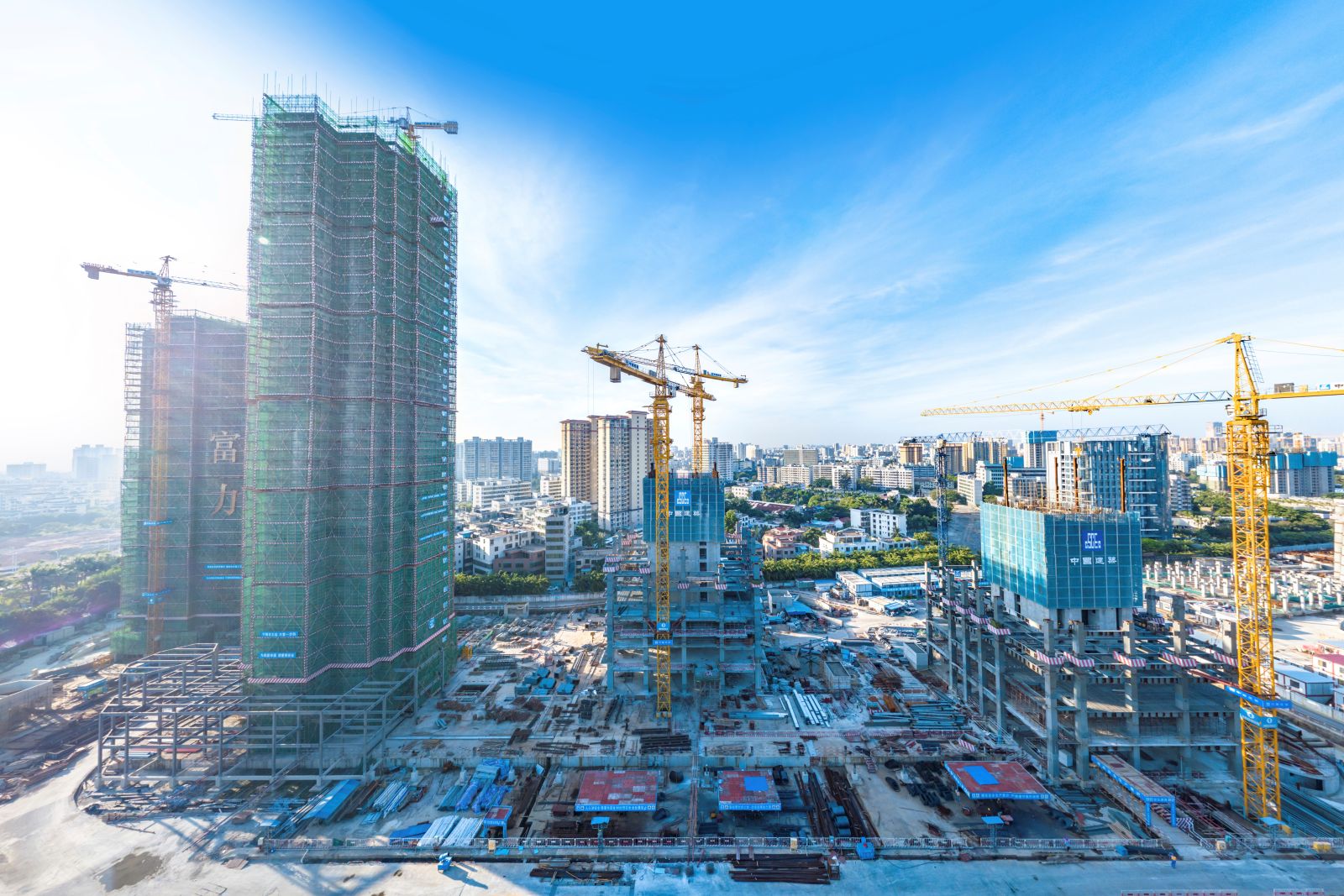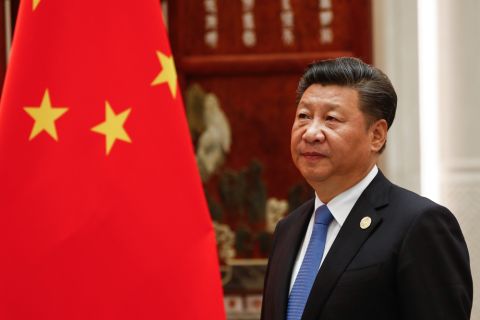Aid fund for China’s debt-laden property sector will trickledown through policy banks to households to purchase new housing
ALBAWABA – The Chinese government Wednesday announced it is looking to allocating a $137 billion aid fund to support China’s debt-laden property sector through the nation’s urban village renovation and affordable housing programs.
Unnamed sources told Bloomberg that the People’s Bank of China would inject one trillion yuan ($137 billion) in phases through policy banks to support households for home purchases.
Officials are considering options including the so-called Pledged Supplemental Lending (PSL) and special loans, the source said. Adding that the government may take the first step before the end of this month.

China’s debt-laden property sector is weighing on the entire economy - Shutterstock
The plan, part of a new initiative by Vice Premier He Lifeng, would mark a major step-up in authorities’ efforts to put a floor under the biggest property downturn in decades.
China’s debt-laden property sector is weighing the economy down
China’s debt-laden property sector has weighed on economic growth and consumer confidence, as market concerns have mounted over the financial health of the nation’s largest surviving developers. Especially after record defaults in the industry.
The outstanding amount of funds lent through the PSL program stood at 2.9 trillion yuan as of October, a little over $400 billion, according to Bloomberg. A net injection of 1 trillion yuan would vault the total past the previous record in 2019. The final amount of new funding is subject to change, the source said.

China’s debt-laden property sector has cost the Chinese economy trillions of yuan in aid over the years - Shutterstock
Dubbed as “helicopter money,” PSL allows the central bank to provide low-cost funds through policy and commercial lenders to the developers of the slum renovation projects.
Developers then use the money to buy land from local governments, Bloomberg explained. This, in turn, give cash subsidies to households whose old homes were demolished so they can purchase newly-built or existing apartments, driving up demand.
This is not the first for China’s debt-laden property sector
State-owned developers such as China Resources Land Ltd. were among the biggest beneficiaries from the previous expansion of affordable housing projects, Bloomberg reported.
Overall, the PSL program is a controversial tool.

The government has used PSL funds before to aid China’s debt-laden property sector - Shutterstock
It was first deployed in 2014 to reverse a property market downturn, but was heavily criticized later for inflating the real estate bubble in lower-tier cities.
The central bank largely stopped providing new PSL funds in 2019 as the slum reconstruction projects wrapped up. But it was relaunched briefly last year to help policy banks — which are less profit-driven than state lenders — provide financing for infrastructure development.
The PBOC didn’t immediately respond to Bloomberg’s request for comment and Reuters also reported the story via Bloomberg.
This comes after Beijing announced an unconventional fiscal stimulus in September, including raising the budget deficit with the issuance of an additional 1 trillion yuan ($137 billion) of sovereign bonds.
So far, China’s stimuli seem to have supplemented demand domestically, as retail sales and factory output posted growth in October.
The world’s second-largest economy is still on a bumpy recovery path despite an improvement in the third quarter, official data showed on Wednesday. However, other aspects of ecoAbdulnomic momentum are expected to have faltered in October, according to Bloomberg, even though headline numbers will likely look good relative to last year.









